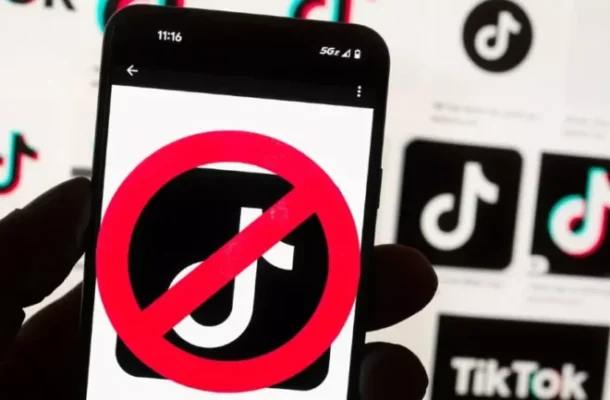Explore why major countries, including the US, UK, and Australia, are banning TikTok over security and privacy concerns, and the broader implications
Explore why major countries, including the US, UK, and Australia, are banning TikTok over security and privacy concerns, and the broader implications of these restrictions.
TikTok, the popular short-video platform owned by China’s ByteDance, has faced increasing scrutiny worldwide due to concerns about security, privacy, and its links to the Chinese government. While the app entertains millions, many nations are questioning the potential risks it poses to their citizens and state security.
United States: Pushing for a Nationwide Ban
The United States has taken some of the most decisive steps against TikTok. On March 13, the House of Representatives passed legislation demanding ByteDance divest from TikTok or face a nationwide ban. This move followed years of debate over the app’s data collection practices and its potential misuse for espionage.
By April 24, the effort gained momentum as part of a broader legislative package, signaling the nation’s intent to curb TikTok’s influence.
Europe Responds: From the UK to Estonia
United Kingdom
On March 16, 2024, UK officials banned TikTok from government devices, citing security concerns. Oliver Dowden, a senior cabinet official, described the move as necessary to protect sensitive information.
France
France implemented a more comprehensive measure on March 24, prohibiting “recreational” apps, including TikTok, Instagram, and Netflix, on the work phones of 2.5 million civil servants. This ban, however, does not extend to personal devices.
Estonia
Estonia followed suit in late March, restricting TikTok’s use on government-provided devices for public officials. IT and Foreign Trade Minister Kristjan Jarvan cited national security risks.
Asia-Pacific Takes Action: Australia and New Zealand
Australia
Australia joined the growing list of nations banning TikTok from federal government devices on April 4. The Attorney General’s Department warned of the app’s extensive data collection practices and potential foreign government interference.
New Zealand
On March 17, New Zealand announced that TikTok would be banned from the devices of government lawmakers by the end of the month.
Other Nations Follow Suit
Canada
Canada moved beyond device bans, ordering TikTok to cease operations within its borders. Two TikTok offices in Toronto and Vancouver were closed following advice from security experts.
Belgium and Denmark
Both nations cited cybersecurity and espionage concerns in banning TikTok from government devices. Belgian Prime Minister Alexander De Croo emphasized the app’s potential to manipulate algorithms and collect user data.
TikTok’s Global Challenges
TikTok’s growing list of bans highlights the broader concerns about data security and digital sovereignty. While the app remains popular among users worldwide, its future in many regions is uncertain as governments prioritize cybersecurity and privacy over entertainment.
These bans underscore the evolving dynamics of technology, geopolitics, and global trust in digital platforms. Whether TikTok can navigate these challenges will determine its long-term role in the digital landscape.

COMMENTS